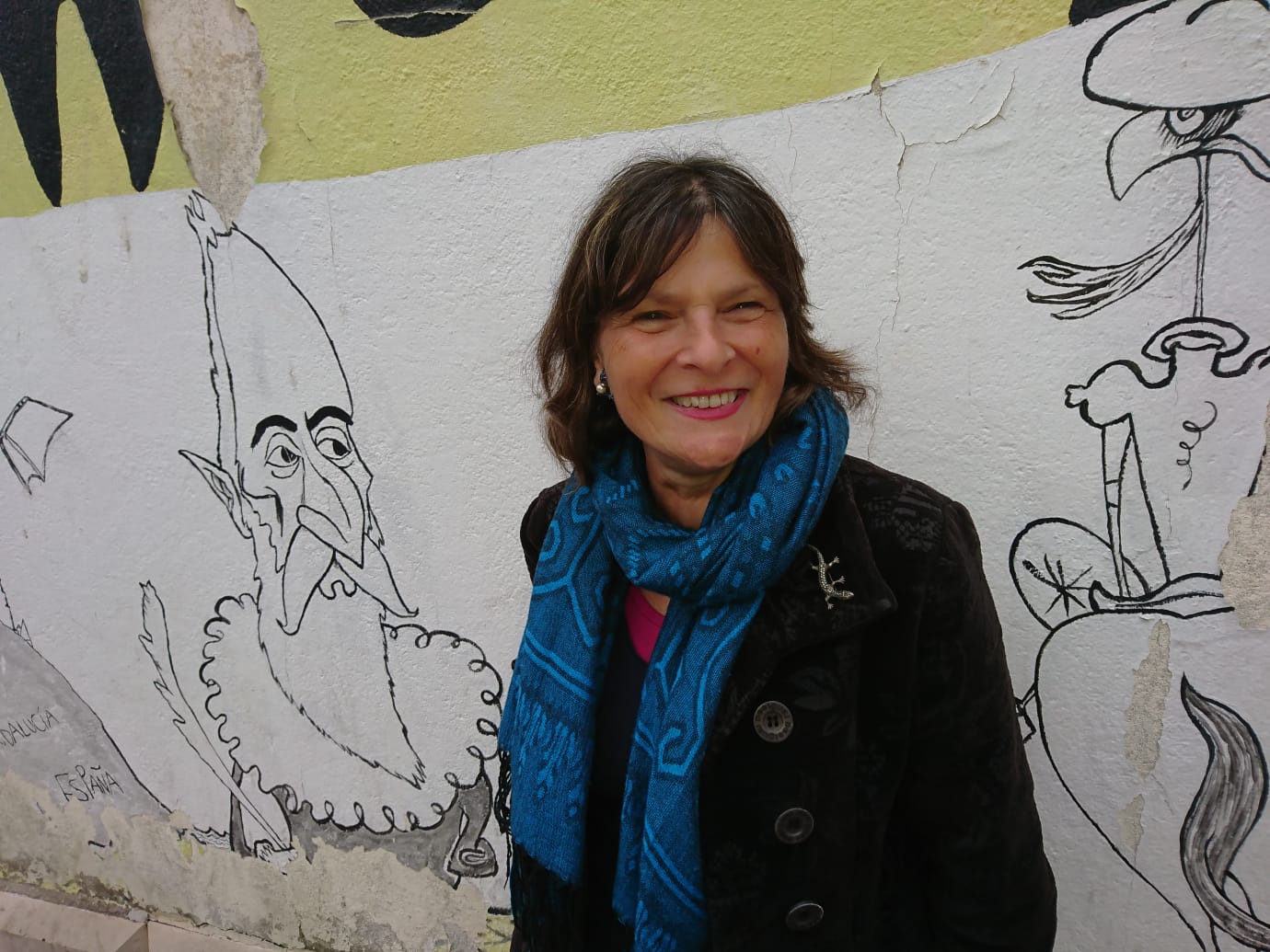Is “being lovely” enough?
As an organising principle “being a lovely organisation” works well. Until it doesn’t. An organisation which is set up with the best of intentions can be destroyed when its hidden shadow finds a way out into the light as it is bound to do. That doesn’t have to be bad.
The shadow can unlock and sustain an organisation’s creativity and integrity if that organisation has the courage to explore it. But to do that safely and productively, we need to work within an ethical framework which is guided by our values and principles. Attending to values and ethical frameworks has to be consistent. Like a puppy, an ethical framework is not just for Christmas.
In this second conversation, we discuss how an organisation can implement its values by using its ethical framework and maintaining its professional boundaries consistently in ways that are caring, containing and respectful of the organisation’s beneficiaries and everyone involved. We will attempt to exemplify this through the “No … but yes” approach.
We may have to accept that, as complex organisms, we are more than “lovely”. With the help of boundaries that enable rather than constrain, the less lovely parts of an organisation can enhance the creative potential of a project so that it thrives as well as survives.
Course Content
Presenter

After qualifying as a psychotherapist, Beverley Costa set up Mothertongue multi-ethnic counselling service (2000-2018) for multilingual clients. In 2009 she created a pool of mental health interpreters, in 2010 she established the national Bilingual Therapist and Mental Health Interpreter Forum and founded The Pásalo Project in 2017 www.pasaloproject.org to disseminate learning from Mothertongue.
She has trained over 5,000 therapists for NHS services and NGOs, in working therapeutically across languages and with interpreters since 2013. She is a Senior Practitioner Fellow at Birkbeck, University of London and a Senior Visiting Research Fellow at the University of Reading.
In 2020, Pásalo created an e-learning resource for the British Association for Counselling and Psychotherapy: The Social Response Cycle – about effective therapeutically framed social action.
https://www.bacp.co.uk/cpd/social-response-cycle-member-resource/
In the same year (2020), The Paul Hamlyn Foundation awarded The Pásalo Project funding through its Ideas and Pioneers programme to create a free e-learning resource on mental health and multilingualism https://www.pasaloproject.org/multilingualism-mental-health-and-psychological-therapy—course-content.html .
She has run Reflective Practice Support groups for interpreters, psychological therapists and counsellors, nurses, teachers, lawyers, and psychosocial workers. She has developed an introductory course in facilitator skills for running Reflective Practice Groups which has been delivered online to organisations in England, Scotland, Wales and Belgium. She is the author of Other Tongues -psychological therapies in a multilingual world https://tinyurl.com/Other-Tongues


